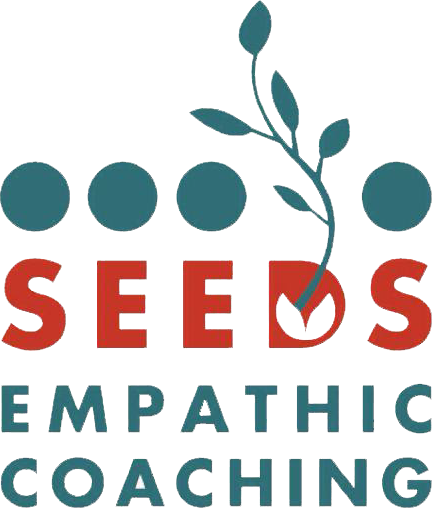In my last post I wrote about empathy. Honesty is the companion to empathy and completes the definition, in its simplest form, of Nonviolent Communication. That is, Nonviolent Communication (NVC) is listening empathically and expressing honestly or, you might say, NVC = Empathy + Honesty.
NVC honesty might be a little different than what some people mean when they say “I was just being honest!” This often means they shared a judgment and NVC honesty is about sharing our internal experience rather than a judgment.
For every judgment, there is a correlated internal experience consisting of feelings that point to needs or values that are held dear. Communicating the internal experience is NVC honesty. Communicating this way can feel somewhat more vulnerable than sharing our opinions! That’s why I like to say that NVC is not for the faint of heart because we really put our heart in our hands when we share this kind of honesty. This applies to compliments and praise as well as harder to hear judgments.
For example, “You are so rude!” might translate to “I felt embarrassed when you…”. “You are so wonderful!” might translate to “I felt so touched and grateful when you…”. It is perhaps a little harder to express that second statement but closer to the truth. I’m not sure that anyone is ever the judgment with which we encapsulate him or her. No one is completely rude or completely ignorant or completely brilliant or completely anything. Most of us are so much more complex than any one judgment. When we are on the receiving end of a judgment, we know this fully. Many of us seem to forget this when we are on the delivery end…
When we share our internal experience, rather than a judgment, we are using our words to take complete ownership, complete responsibility. Notice, that when we share a judgment like the ones mentioned, the receiver might often disagree; however when we share our internal experience (“I felt embarrassed when… I felt touched when…”), there is little with which to disagree. When we take the time to really understand what is behind our judgments, we are connecting directly to what we value. This self-awareness can serve us in many ways.
I find repeatedly that when people first begin to learn Nonviolent Communication, they think judgments are bad. (Notice that this is a judgment of a judgment!) Sometimes a judgment can be an informative and easy way to communicate, especially when we step into it with awareness and when we are with others who can easily translate what is behind our judgment without it stimulating separation between us. It also is very useful information to tell us what we value. It could be the beginning of an inquiry such as:
When I think ‘he is rude’, what’s going on with ME?
How am I feeling and what do I value?
If I communicated from my internal experience, what words would I use?
How do I feel communicating from my internal experience?
If I’m uncomfortable, why?
Will it help the situation I am currently in to communicate this way?”
Based upon this understanding, what do I want? How do I want to live?
“How do I want to live?” is the central question I ask myself over and over again as I study nonviolence — especially when I am in the ‘trenches’ of life and have a strong urge to provide a long list of judgments in the general direction of another! I want to live taking full responsibility and ownership for myself.
If you would like to join me in this journey to nonviolence for one-on-one or group work, please contact me at jbericksen2013@gmail.com.


Share your thoughts